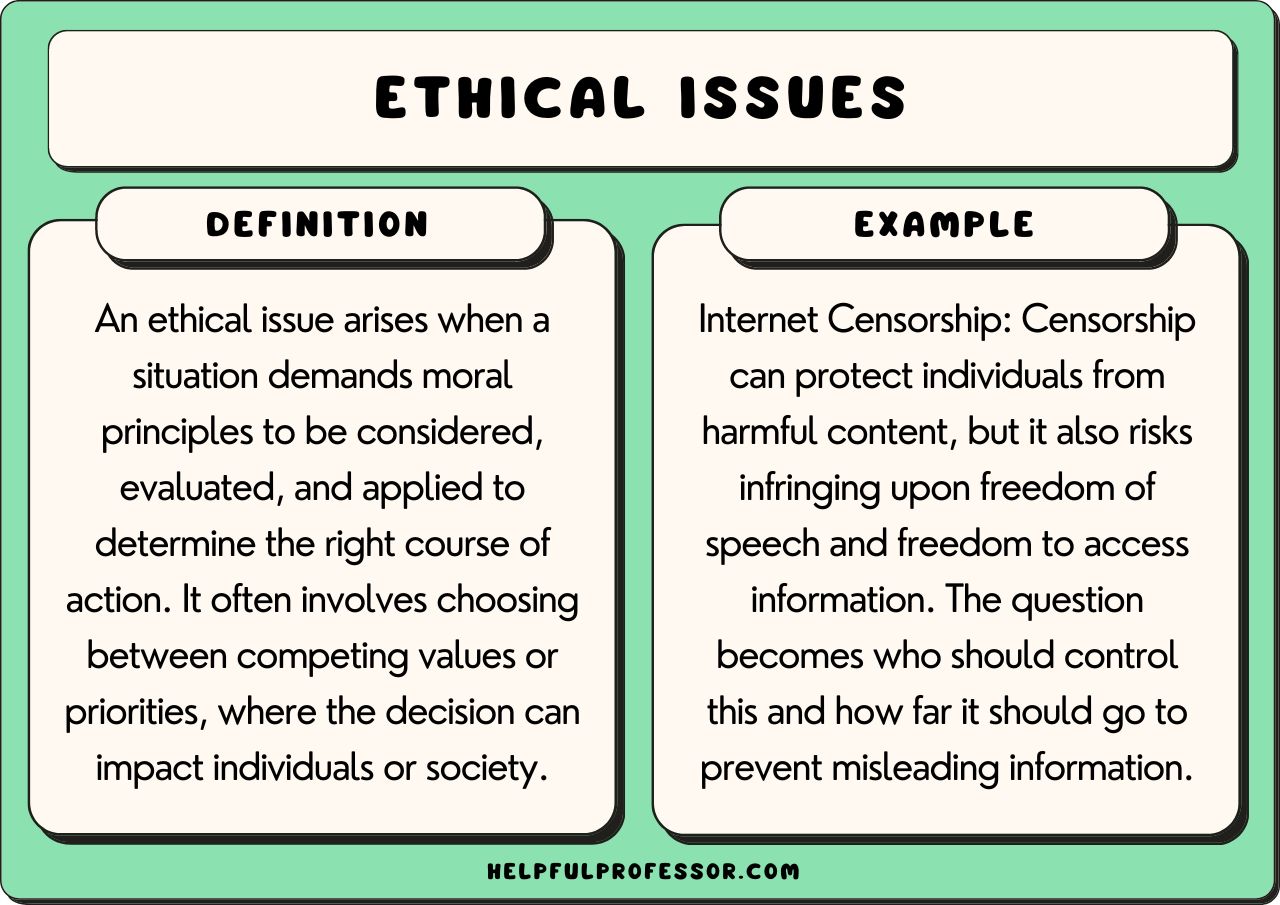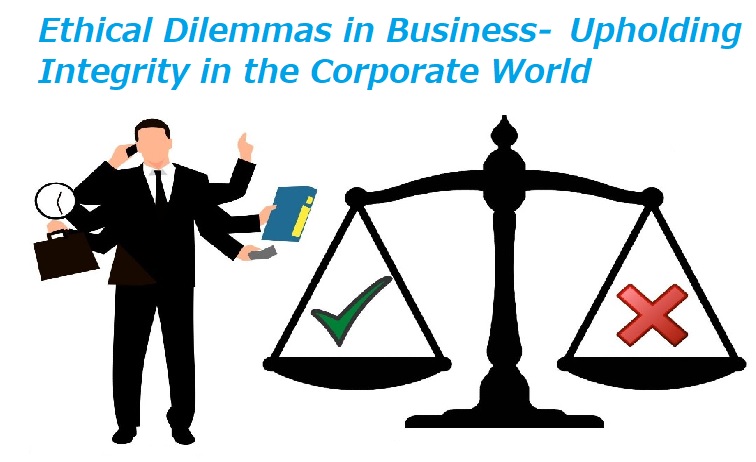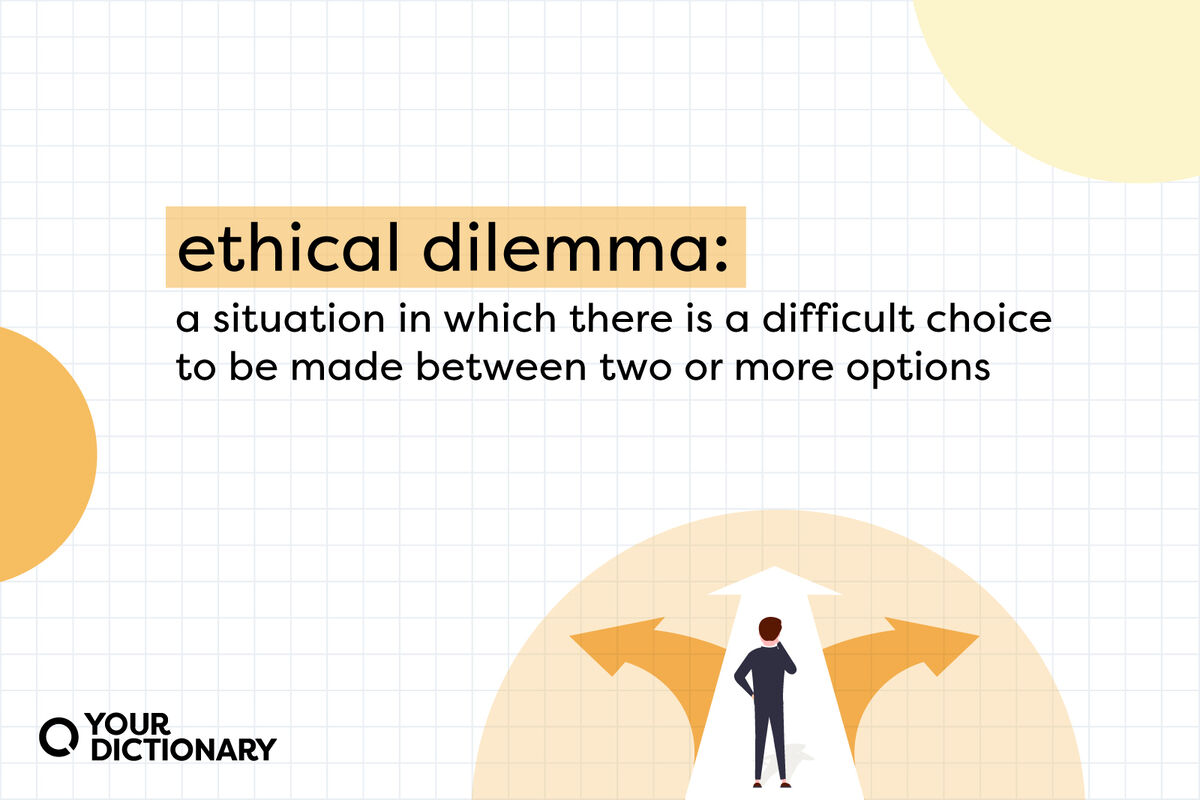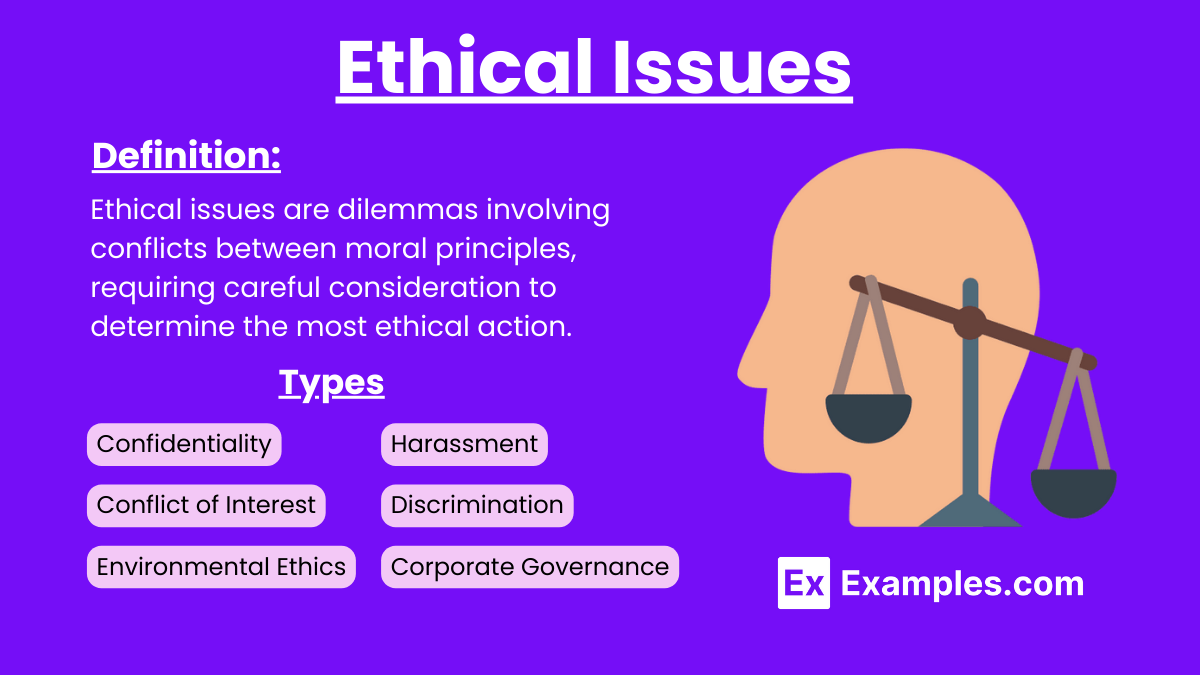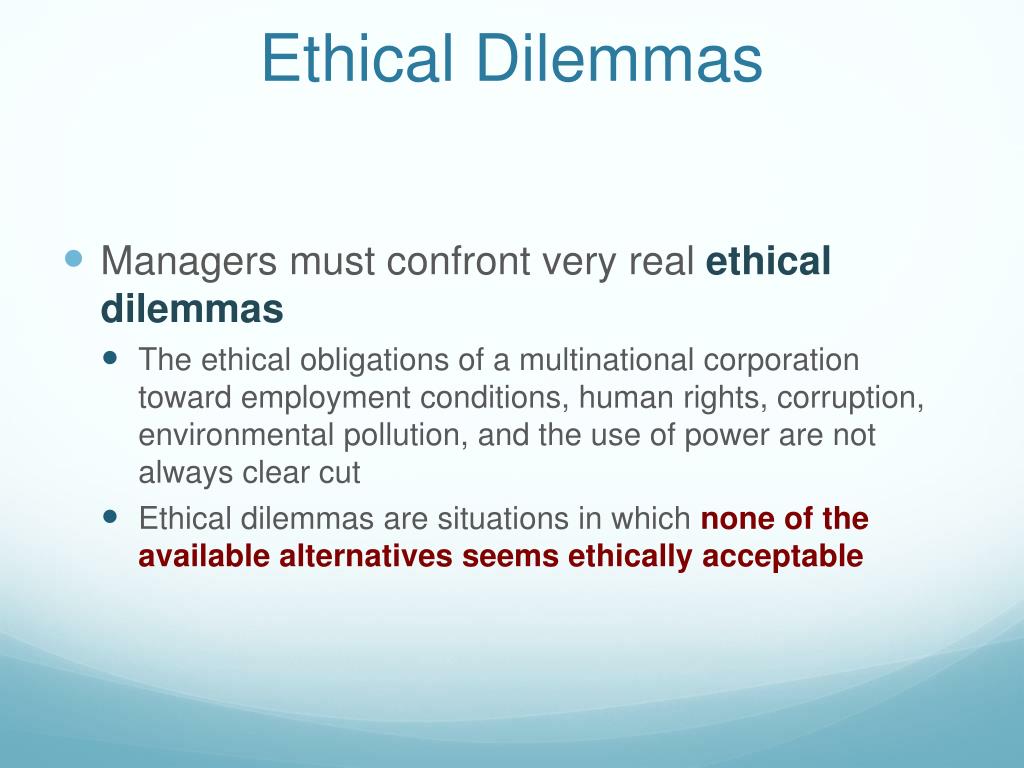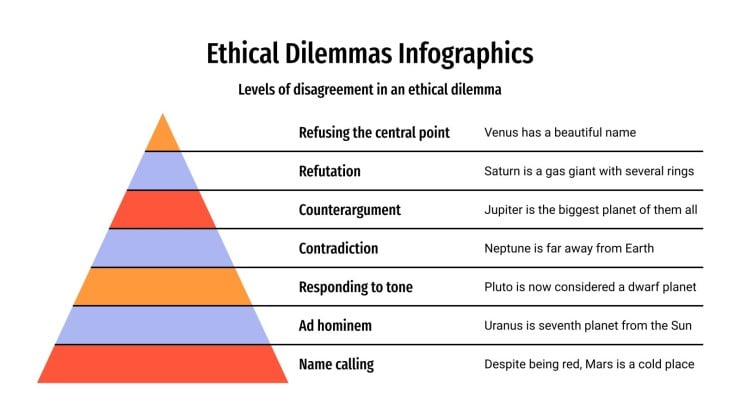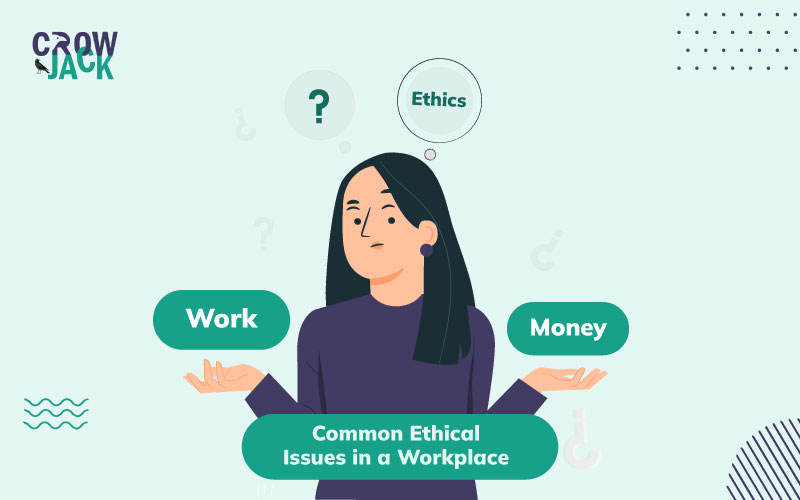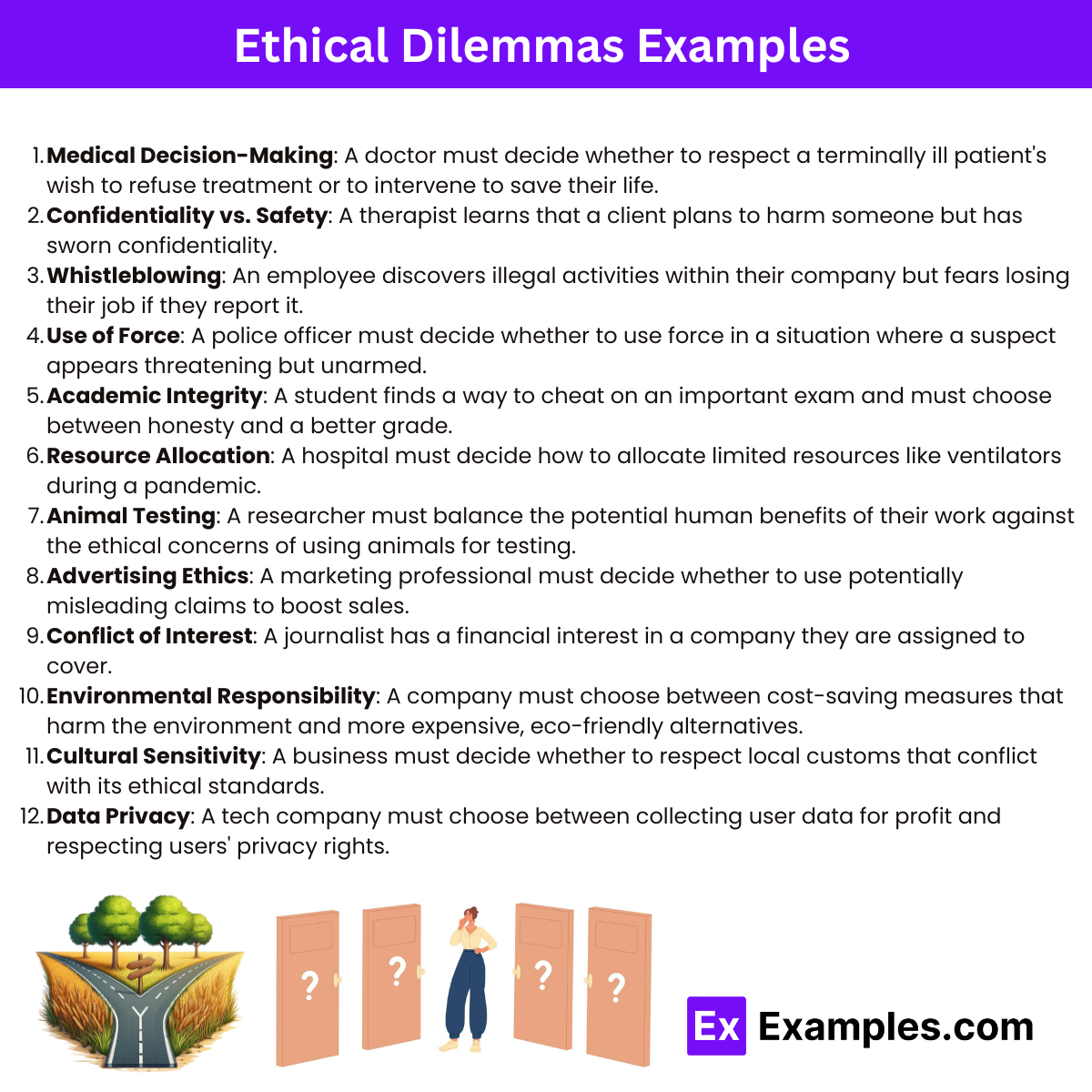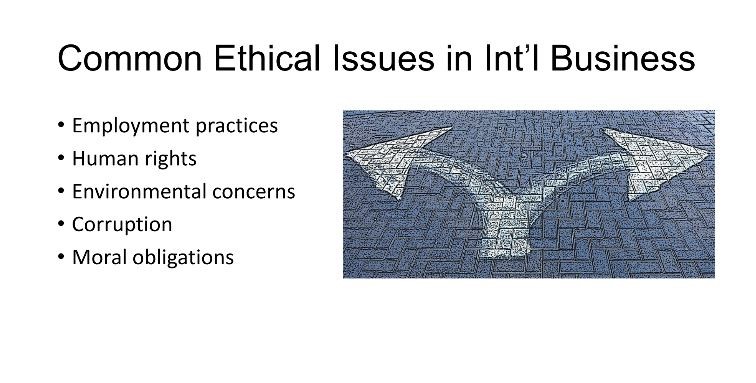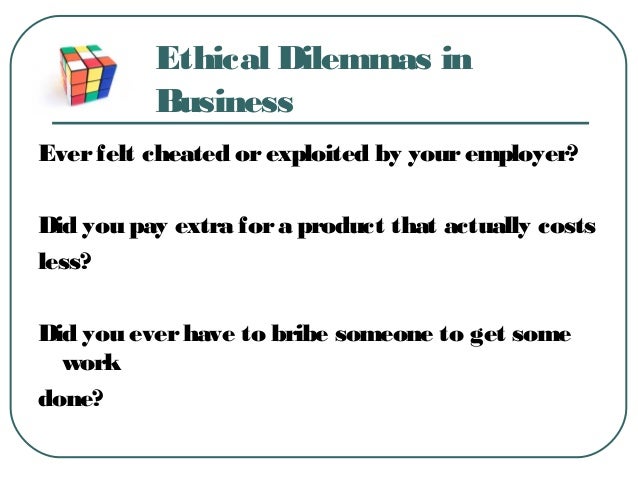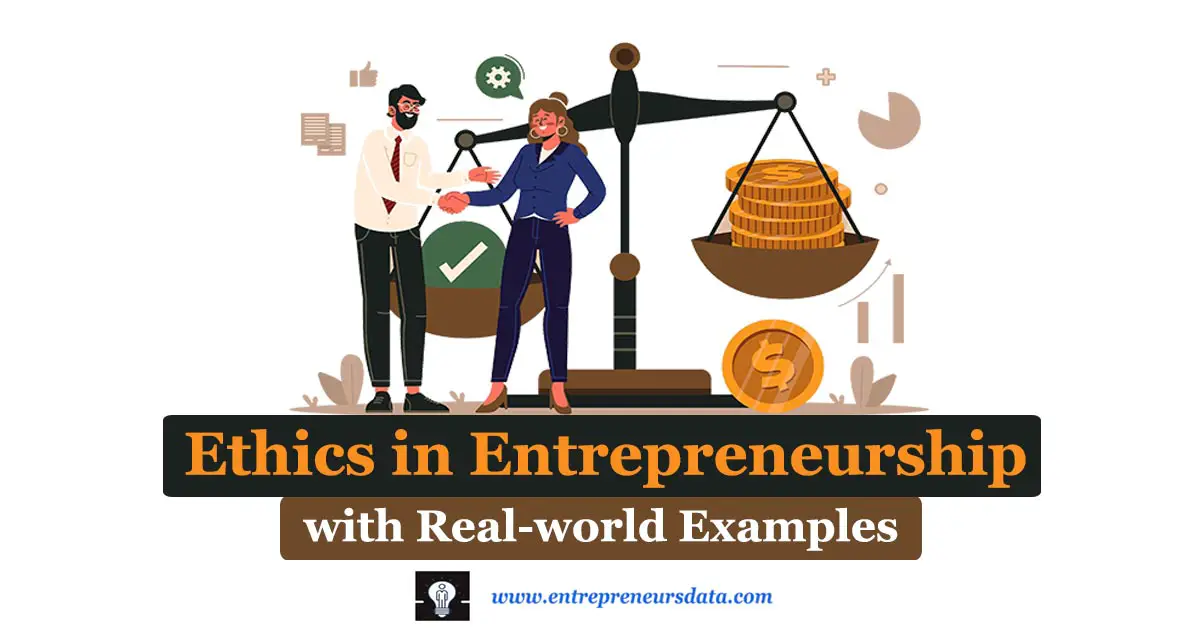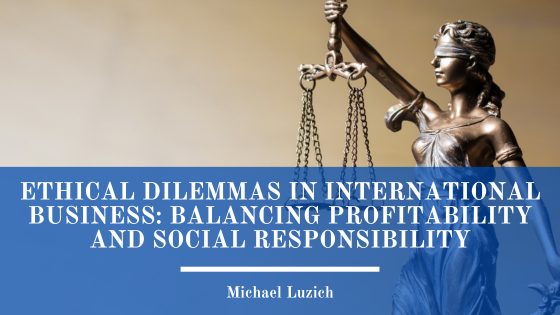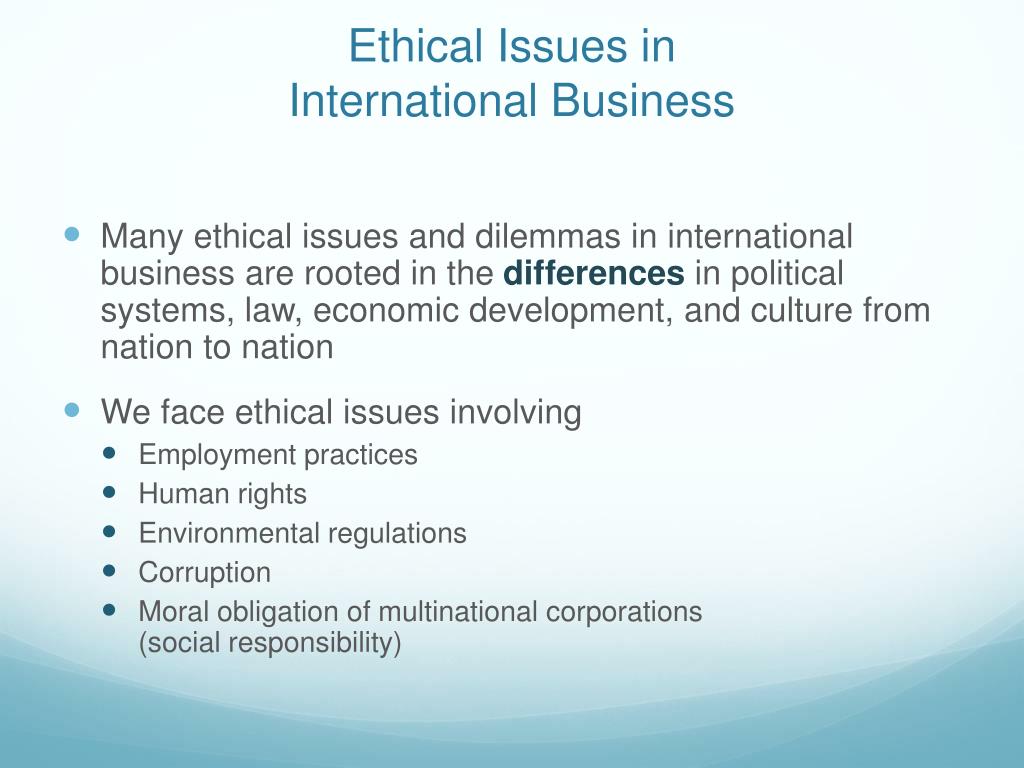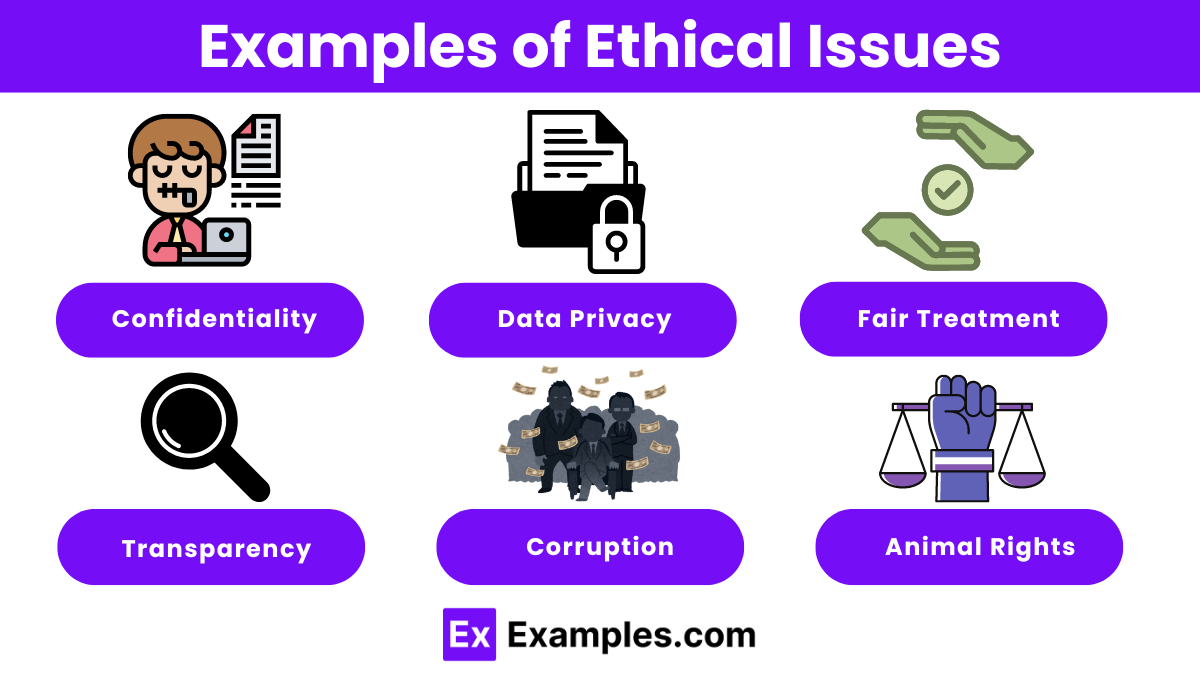Real World Business Ethical Dilemmas
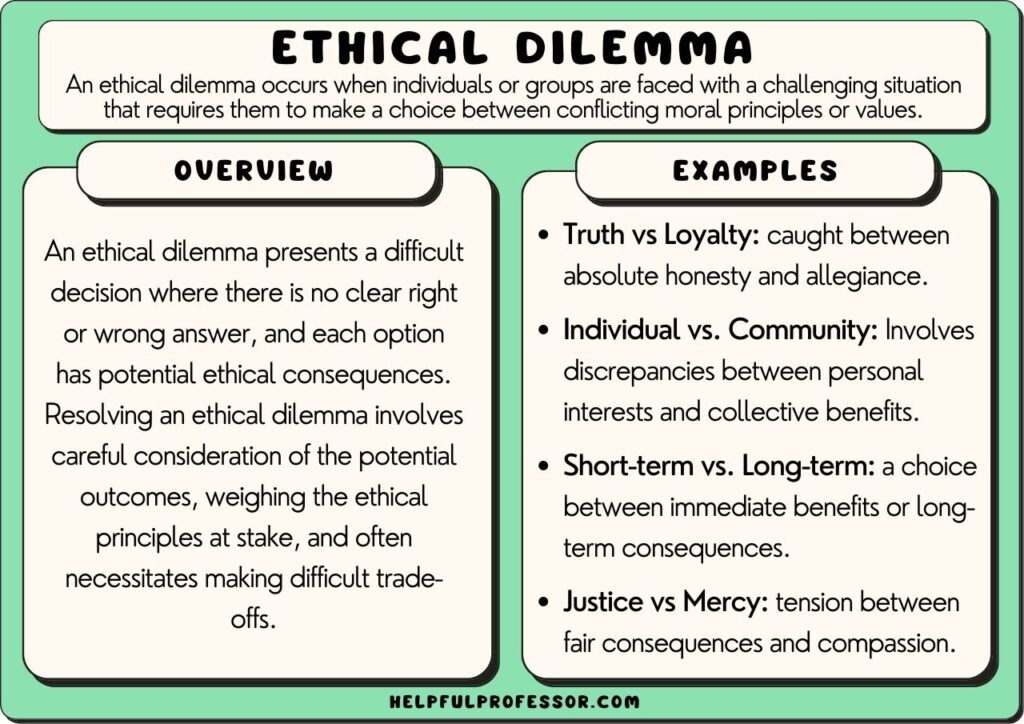
The modern business landscape is a minefield of ethical challenges. Decisions made in boardrooms ripple outwards, affecting not only shareholders but also employees, customers, and the environment. When profits clash with principles, the resulting ethical dilemmas can have profound and lasting consequences.
This article delves into the complexities of real-world business ethics. Examining specific examples, we will explore the nuanced situations where companies grapple with conflicting values. We will also consider the potential ramifications of these choices, from reputational damage to legal repercussions, and the growing demand for corporate accountability.
The Case of Environmental Responsibility vs. Shareholder Value
One of the most persistent ethical dilemmas arises when environmental responsibility conflicts with the pursuit of shareholder value. Companies are often pressured to maximize profits, even if it means cutting corners on environmental protection. This creates a tension between short-term financial gains and long-term sustainability.
Consider the example of ExxonMobil. Internal documents revealed that the company's scientists were aware of the potential dangers of climate change as early as the 1970s. Yet, for decades, the company publicly downplayed the risks and continued to invest heavily in fossil fuels.
This raises a crucial ethical question: At what point does the pursuit of profit become morally reprehensible when it knowingly contributes to environmental damage? This is a question the business world constantly tries to answer.
The Volkswagen Emissions Scandal
The Volkswagen emissions scandal provides another stark example of ethical failure. In 2015, it was revealed that Volkswagen had installed "defeat devices" in its diesel vehicles. These devices were designed to cheat emissions tests.
This allowed the cars to meet regulatory standards in the lab while emitting pollutants far exceeding legal limits on the road. The decision to deceive regulators was driven by a desire to maintain competitiveness in the diesel market.
The scandal resulted in billions of dollars in fines, significant reputational damage, and criminal charges against several executives. It also highlighted the dangers of prioritizing profit over ethical conduct and regulatory compliance. Volkswagen's actions were not only illegal but deeply unethical, betraying the trust of customers and undermining public health.
Ethical Challenges in the Tech Industry
The rapid growth of the tech industry has brought with it a new set of ethical challenges. Issues such as data privacy, algorithmic bias, and the spread of misinformation have become increasingly prominent.
Companies like Facebook and Google collect vast amounts of data on their users. This data can be used for a variety of purposes, including targeted advertising and personalized content.
However, the collection and use of this data raise serious ethical questions about privacy and consent. Concerns about algorithmic bias have also grown, with studies showing that algorithms can perpetuate and even amplify existing social inequalities.
"The ethical challenges facing businesses today are more complex than ever before," says Dr. Anya Sharma, a professor of business ethics at the University of California, Berkeley. "Companies need to develop robust ethical frameworks and invest in training their employees to navigate these challenges."
The Dilemma of Artificial Intelligence
The development of artificial intelligence (AI) presents another significant ethical dilemma. AI systems are increasingly being used in decision-making processes.
But these systems can inherit biases from the data they are trained on. This can lead to discriminatory outcomes in areas such as hiring, lending, and criminal justice. Ensuring fairness, transparency, and accountability in AI systems is a crucial ethical imperative.
Consider the concerns about Amazon's recruiting tool found to be biased against women. This illustrates the importance of proactively addressing bias in AI development and implementation.
Moving Towards Ethical Business Practices
Addressing these ethical dilemmas requires a multi-faceted approach. Companies need to establish clear ethical codes of conduct. They also must foster a culture of integrity where employees feel empowered to speak up about ethical concerns.
Furthermore, regulatory bodies need to strengthen oversight and enforcement to deter unethical behavior. Consumers also play a crucial role by demanding ethical products and services.
Ultimately, the path towards ethical business practices requires a commitment from all stakeholders. Stakeholders include companies, governments, and individuals to prioritize values over short-term gains. Only then can we create a more sustainable and equitable business environment.
